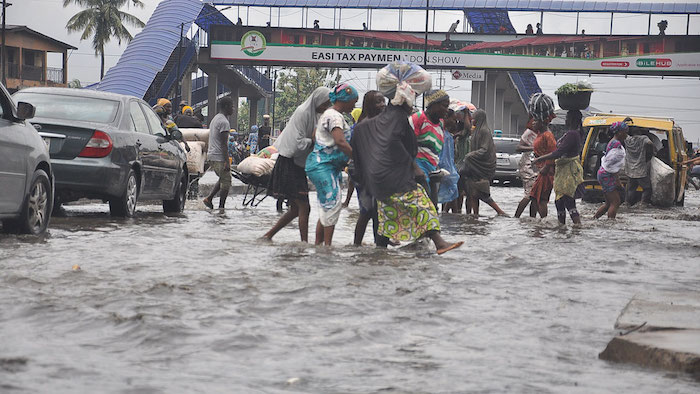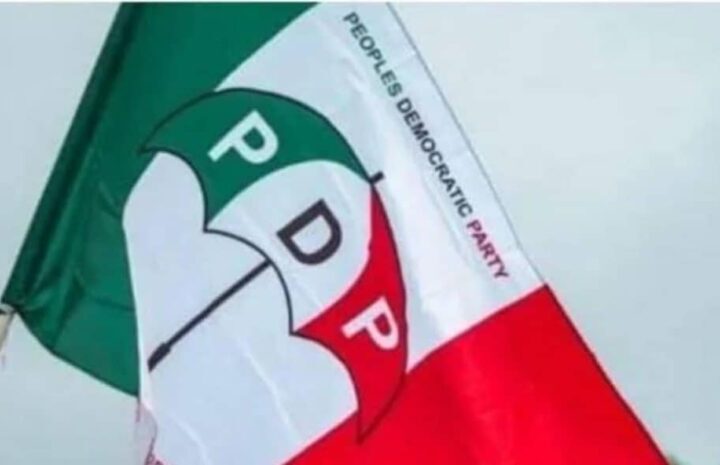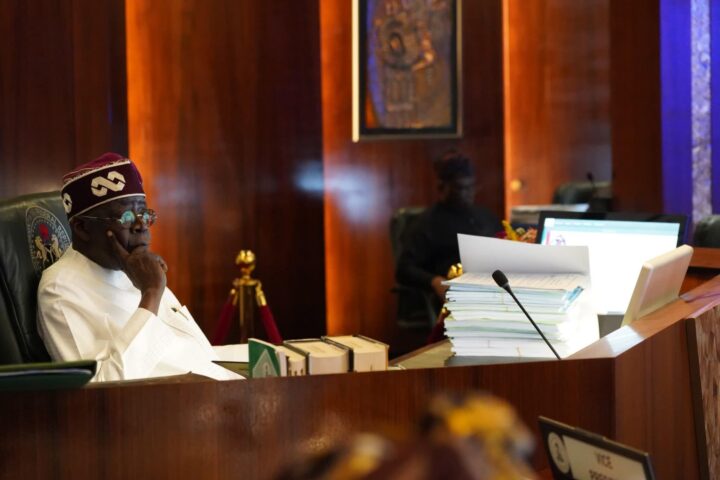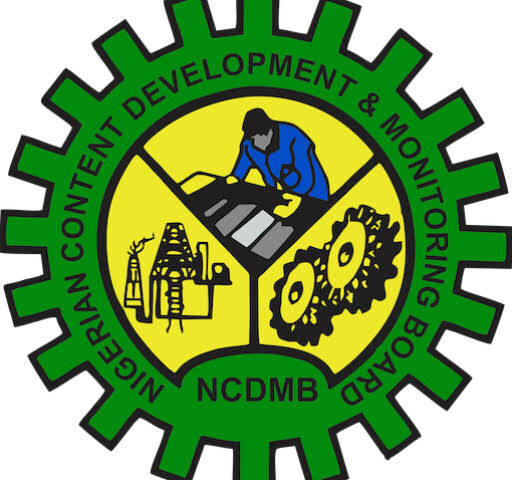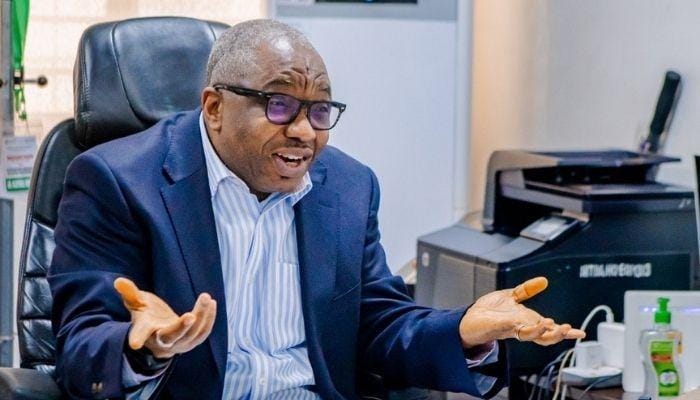First independent power limited (FIPL), a member of the Sahara Power Group, has donated relief materials to help reduce the plight of flood victims within Omoku, Obrikom and Ebogoro communities in Rivers State.
Items donated include bags of rice, garri, noodles, potable water, toiletries, mattresses, sugar, cooking oil, bottled drinking water, beverages, and mosquito nets, amongst others.
Handing over the donations to the communities in Ogba/Egbema/Ndoni LGA over the weekend, Mrs. Elfridah Asak, Head, HR and Corporate Services at FIPL, said the company was devasted by the hardship the flood has caused people in the community. She commended the community leaders for their guidance and commitment to rallying the people to stand strong in the face of the flood crisis.
She said, “FIPL is a member of the affected communities, we share in your pain and stand with you at this time of need. Serving, sharing, and giving back to the communities where we operate is paramount to us as an integral part of our corporate citizenship commitment. You can always count on our support as we have always done, and we hope this token will go a long way in providing succor to displaced families.”
Asak also commended the Rivers State Government for its emergency response activities, adding that FIPL will continue to work with the RSG towards “ensuring sustainable development and enhancing access to energy in Rivers State.”
Receiving the items on behalf of the three host communities, High Chief Maduagwu Nkweke from Ebogoro community lauded FIPL for the gesture. “Reaching out to us at this moment of hardship is a clear demonstration of the love your company has for us. We want to say a very big thank you to FIPL for consistently leading the way in terms of good corporate responsibility, and we reassure you of our commitment to partnering with and supporting FIPL,” he said.
Over the years, FIPL has contributed immensely to the growth and development of its host communities through scholarships, skill acquisition projects, and health interventions aimed at caring for the most vulnerable, with over 500 beneficiaries.


